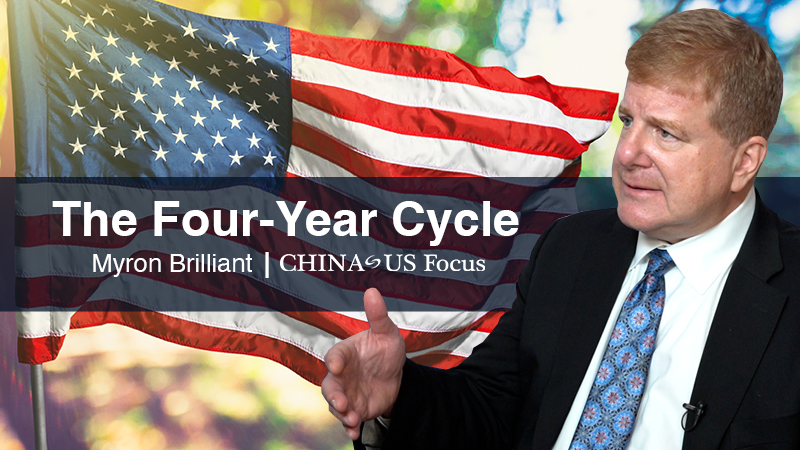
Myron Brilliant, Senior Counselor, Dentons Global Advisors-ASG
Mar 11, 2024
In this interview with China-US Focus, Myron Brilliant, senior counselor at Dentons Global Advisors-ASG, discusses ways to enhance economic stability and increa
Zhang Monan, Deputy Director of Institute of American and European Studies, CCIEE
Mar 05, 2024
Economic and trade cooperation has been regarded as the great stabilizer of China-U.S. relations for many years. As the two countries’ internal and external environments grow ever more complex, however, it’s not clear that this will continue to be the case.
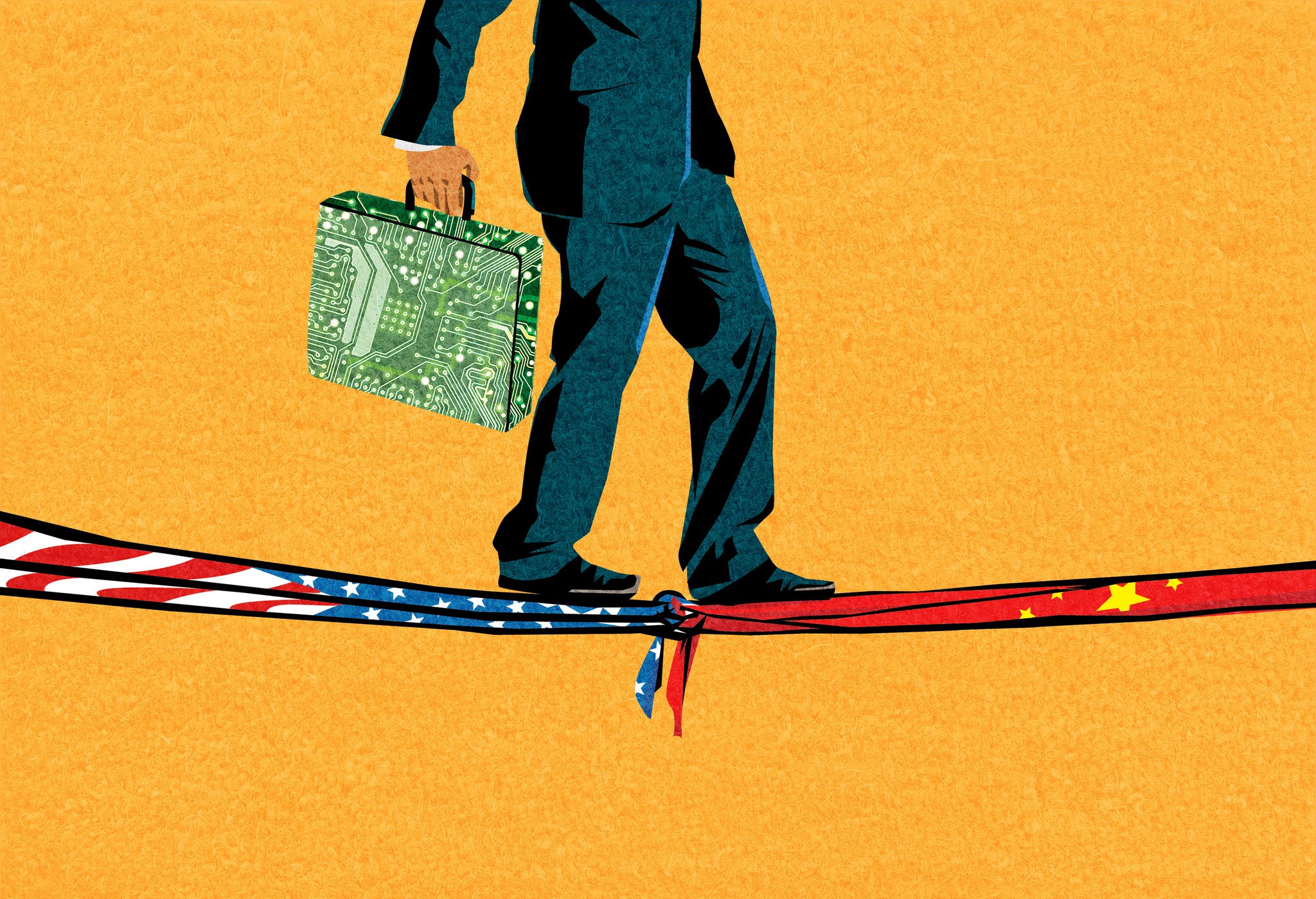
Zhao Minghao, Professor, Institute of International Studies at Fudan University, and China Forum Expert
Feb 29, 2024
The United States seeks to widen the technology gap with China as much as possible and thus will create more barriers for Chinese research and development. It may even try to push back some of the technological advancements China has made. China needs to prepare for greater pressure.
Stephen Roach, Senior Fellow, Yale University
Feb 29, 2024
FBI Director Christopher Wray recently upped the ante in America’s anti-China campaign. In congressional testimony on January 31, he sounded the alarm over intensified Chinese hacking activity and warned that US infrastructure – telecommunications, energy, transportation, and water – is acutely vulnerable to the Chinese state-sponsored hacker group Volt Typhoon. Front-page coverage by the New York Times added to the sense of urgency.
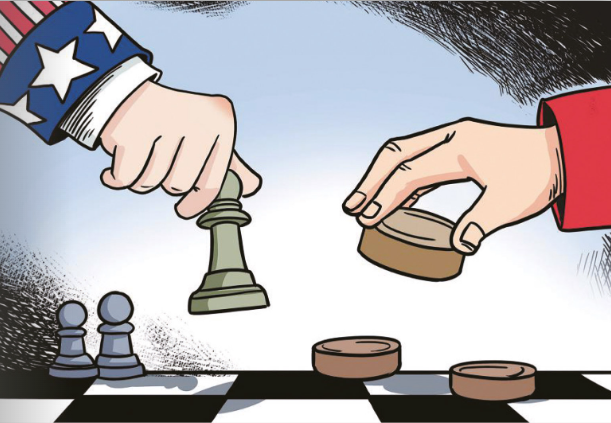
Feb 29, 2024
Summary of concepts presented by experts at Jan. 30 seminar hosted by the Charigo Center for International Economic Cooperation (CIEC)
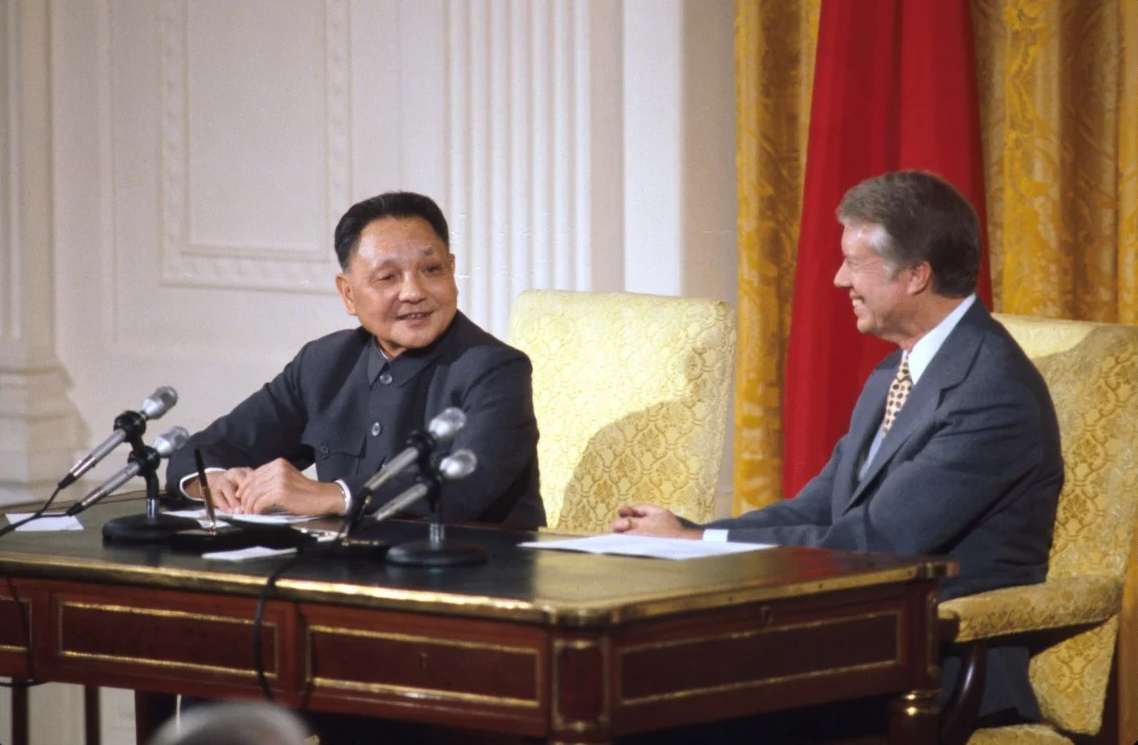
Karen Mancl, Professor Emerita of Food, Agricultural & Biological Engineering, The Ohio State University, and Fellow, Woodrow Wilson Center for International Scholars
Feb 26, 2024
Since the early 1970s the United States and China have exchanged teams of agricultural scientists to explore solutions to food security issues. Agriculture has been a part of the U.S.-China Science and Technology Agreement since 1979 and over 2100 U.S. scientists traveled to China to learn more about their technology with a near equal number of Chinese scientists also participating in the exchange. Sadly, this foundational agreement expired in August 2023 and is operating on just a 6-month extension.
Philip Cunningham, Independent Scholar
Feb 26, 2024
China’s newscasters have historically portrayed the U.S. in a negative light, but there has been a subtle shift in coverage since the Xi-Biden Summit in November. This highlights the significance of in-person dialogue and the need to continue finding areas of cooperation, as both sides recognize that the current disruption of trade and downward spiral of violence in the Mideast is not a winning scenario for either side.
Han Liqun, Researcher, China Institutes of Contemporary International Relations
Feb 06, 2024
The way forward for China-U.S. relations involves a cognitive shift from guardrails — which are short-term in nature and designed to prevent the escalation of conflict — to boundaries, which are principled markers meant to fundamentally change perceptions and prevent the occurrence of conflicts in the first place.
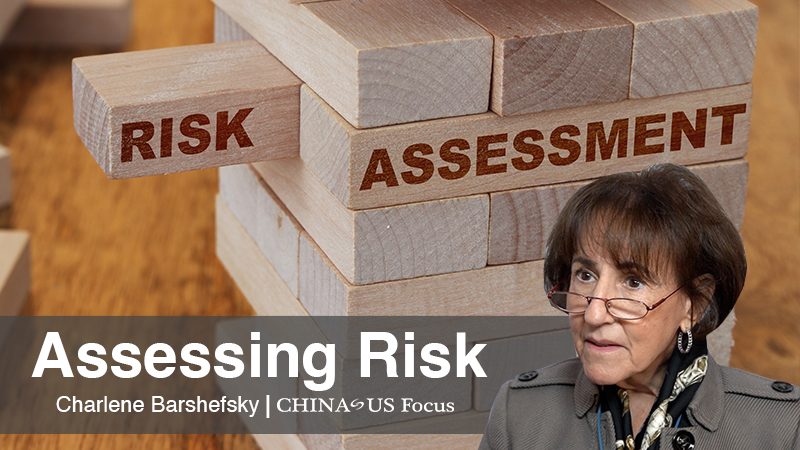
Charlene Barshefsky, 12th United States Trade Representative
Jan 25, 2024
Charlene Barshefsky, a former top U.S. official, discusses in the interview with China-US Focus the lengthy negotiation process for China's entry into the WTO and its lasting impacts on China's economy, global integration, and U.S.-China relations, despite current challenges in trade norms and geopolitical shifts. She also emphasizes the significance of international businesses having a presence in China and the considerations they need to evaluate when determining whether to expand to the Chinese market.
Zhang Tuosheng, Principal Researcher at Grandview Institution, and Academic Committee Member of Center for International Security and Strategy at Tsinghua University
Jan 22, 2024
It is essential that China and the United States avoid a nuclear arms race. The recent stabilization of relations is a prerequisite for bilateral nuclear dialogue. Such a dialogue, in turn, will help maintain not only strategic stability but also healthy overall ties.
Back to Top

- China-US Focus builds trust and understanding between the U.S. and China through open dialogue among thought leaders.
- Our Offerings
- Topics
- Videos
- Podcasts
- Columnists
- Research Reports
- Focus Digest
- Stay Connected
-
Thanks for signing up!
- Get the latest stories from China-US Focus weekly.